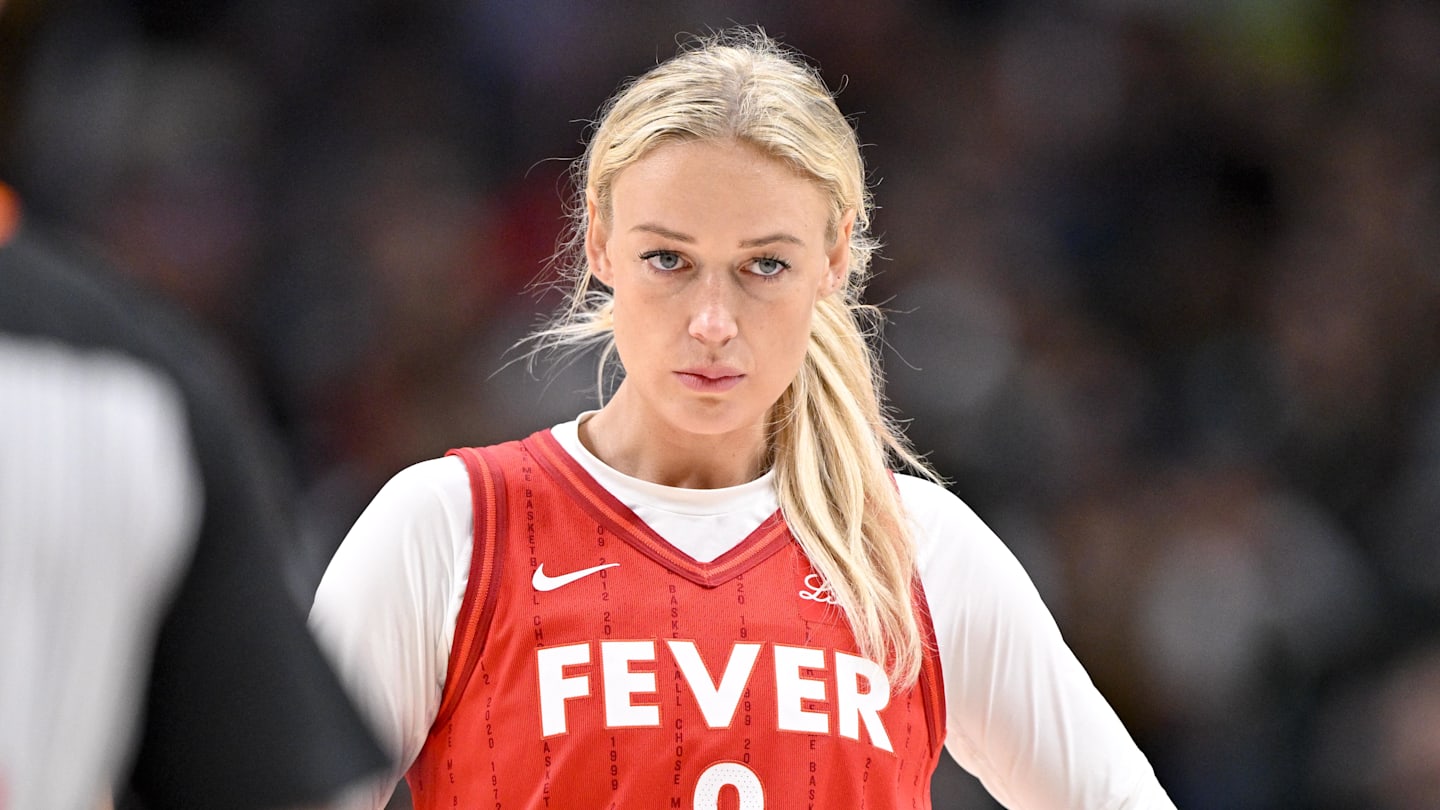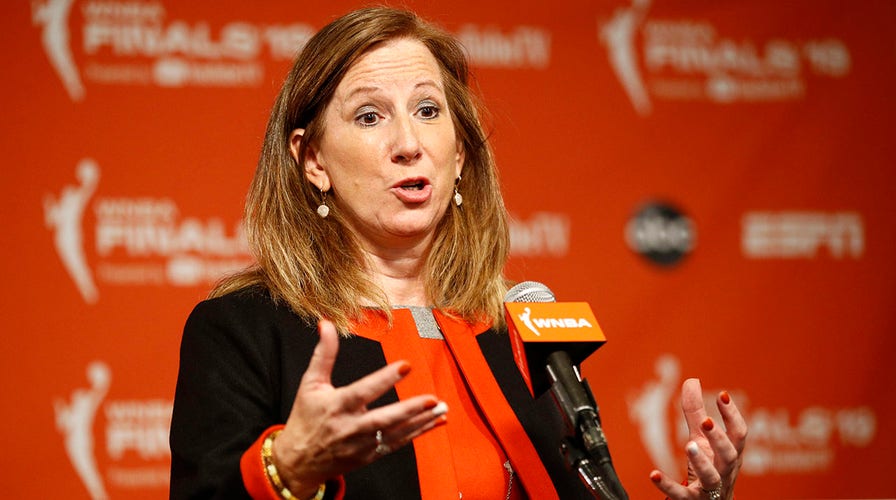“Fined for Speaking Out?” Sophie Cunningham Says WNBA Is Silencing Her — Fans Erupt Over Free-Speech Fight
“Fined for Speaking Out?” Sophie Cunningham Says WNBA Is Silencing Her — Fans Erupt Over Free-Speech Fight
Sophie Cunningham says she’s now “three for three” on league fines—this time, for comments about rookie guard Paige Bueckers—and the controversy has cracked open a bigger debate about speech, transparency, and how the WNBA polices its own narratives.
On her podcast Show Me Something, Cunningham told co-host Wes Wilson she’d been fined again, despite (in her view) offering nothing more than basic observations about officiating and league operations. Clips of the episode ricocheted across social media, with supporters dubbing Cunningham a “truth teller” and accusing the league of prioritizing image control over athlete voices.

The Flashpoint: “They Didn’t Like My Comments”
Cunningham says her latest penalty followed remarks suggesting Bueckers benefits from a “quick whistle.” According to Cunningham, it wasn’t a personal attack—just an officiating note. She also says earlier fines included:
-
A TikTok lip-sync referencing referees (reported $500)
-
Comments about officiating consistency on her first podcast episode (reported $1,500)
-
The new, undisclosed fine tied to the Bueckers discussion
Cunningham describes the process as impersonal—an email to the team, a pull-aside, then the bill. “What are we doing?” she asked on-air, arguing that honest, non-inflammatory commentary shouldn’t trigger financial punishment.
Fans Push Back: “Let Her Talk”

Reaction was immediate. Supporters flooded timelines with variations of the same point: leagues should welcome player-led media, not muzzle it. Many contrasted Cunningham’s fines with other high-profile incidents they felt drew inconsistent responses—taunting, postgame rants, or hard fouls—arguing enforcement seems selective and opaque.
Some defenders note that pro leagues often fine criticism of officials; the issue, they say, is how and when the WNBA applies those standards. If routine, reasonable commentary is punishable, players learn to say nothing—which, long-term, hurts fan engagement.
The Bigger Issue: Policy vs. Perception
Cunningham’s case hits a nerve because it blends three volatile threads:
-
Officiating consistency. Coaches and players have asked for clearer standards all season; Cunningham’s fines make that conversation feel riskier, not safer.
-
Athlete media. Player-run podcasts are booming across sports precisely because they offer candor. If fines follow every frank sentence, that candor dies—and so does the audience’s trust.
-
Selective discipline optics. Fans cite examples where outspoken criticism or on-court behavior appeared to draw no penalty, then see Cunningham hit repeatedly over comments they view as mild. Fair or not, the appearance of selectivity erodes credibility.

Why It Matters for the WNBA
The league is enjoying unprecedented attention—new stars, surging ratings, cultural relevance. That wave is fragile. Audiences reward authenticity; they punish spin. Cunningham’s willingness to “pay to speak” has turned her into a symbol for fans who crave unvarnished perspective. If other players conclude the cost of honesty is too high, the product risks feeling sanitized and distant.
What Both Sides Could Do Next

-
The League: Publish clearer guidelines around commentator/officials talk, include concrete examples, and scale fines proportionally. Pair penalties with explanations to reduce “selective” optics. Consider designated “open forum” spaces (postgame pools or sanctioned pods) where good-faith critique is protected within boundaries.
-
Players: Keep critiques specific (calls, mechanics, points of emphasis), avoid personalizing officials, and anchor feedback in solutions. If fined, share the exact cited language (when allowed) to let fans judge context.
Cunningham’s Calculus
Cunningham seems undeterred: “You fining me $500 is not going to do—… and the fines will continue.” Whether one agrees with her tone or not, she’s correctly reading the moment: audiences want inside-out storytelling, and they’re rewarding the athletes who supply it. Sponsors notice that, too.
The Bottom Line
Is the WNBA protecting standards—or over-correcting its image? Cunningham’s fines have become a litmus test for how the league balances brand control with the authenticity modern fans demand. The risk isn’t one player paying a few thousand dollars. It’s players going quiet—right when the world wants to hear them most.




